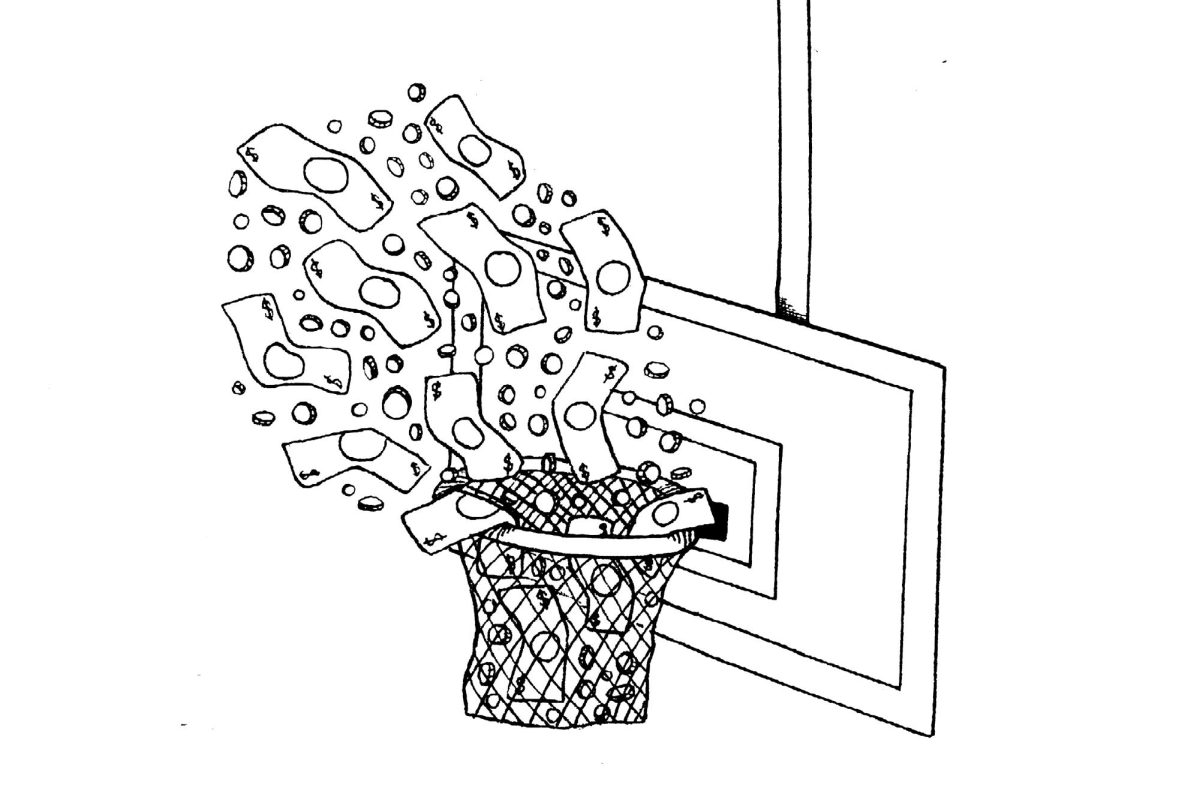I’ve always wished to leave Roswell, Georgia, the suburban conservative town I call home. But ever since I moved to D.C. for college, the state always seems to be on my mind. Like many other students, I’m searching for community and like-minded people at GW, but the pursuit seems to have come at the expense of facing and fielding challenges to my political beliefs.
At GW, I notice myself agreeing with most people on politics, but if I were to express my views back home, I would have to defend my point over and over in arguments with the many people who disagreed with me. In the face of my hometown’s apparent conservative political consensus, it was once crucial that I completed extensive research to prepare strong arguments that proved the merit of political views pertaining to climate resilience, civil rights and economic policy. My mom would watch Fox News in the morning at home, and I would respond by reading through articles to support or argue against the opinion I had just seen on TV. When any dispute arose, I was ready.
I’ve expressed my politics and judgments from a young age, ever since computer class in fourth grade when our teachers had us vote for Barack Obama or Mitt Romney in a mock 2012 presidential election. After I selected Obama, royal blue appeared on my screen. At the same moment, I scanned the room to see red on my classmates’ screens. I knew early on that if I wanted to have my blue voice heard in a sea of red, I needed to develop well-researched arguments.
But after a month at GW, I’m now being challenged to research for a different reason than before: My liberal peers seemingly know more than me. Walking into this predominantly liberal institution, I feel behind during conversations among my left-wing friends, almost like I don’t know as much about Democratic talking points like combating corporate monopolies, expanding accessible health care or environmental justice.
As the presidential election nears and students consider who they will vote for, this unfamiliar discourse provokes me to question my own liberalism. Unlike me, it feels like the majority of GW’s liberal students grew up surrounded by like-minded people, allowing them to become more well-versed on the details of left-wing policies, ideas and politicians. In Georgia, it felt like I had all the minutiae attributes down on Democratic politics, but when exposed to students from liberal communities, I can’t help but feel like I don’t know as much as I thought I did.
I remember going out of my way to learn that COVID was not a plan implemented by the Chinese government to wipe out all Americans, while most of my classmates at GW were already informed that it’s a contagious virus originating from a bat. I once needed to battle against my family’s conservative biases and create my own ideas on identity politics, feminism, social movements and environmentalism to truly form my opinions. At GW, it doesn’t feel like there’s a point in such extensive researching because I haven’t yet been exposed to controversial arguments where my point needed to be proven.
I sometimes miss being in uncomfortable conversations at the dinner table and arguing with the anti-choice boys at school. I enjoyed having a point to prove in situations that would force me to leave my comfort zone and reaffirm what I believed in. Now, I not only agree with many students at GW, but I feel as if I’ve lost confidence in my own political debate skills. Back home, I never felt uneducated in political conversation because I didn’t have people to challenge my liberalism — I just challenged conservatives.
I also miss hearing from different perspectives that sometimes cause me to sympathize with conservative arguments. At GW, I’m the one listening, but I worry that to a certain extent my political education has become static because I don’t need to rely on the need to inform others anymore.
When I’m sitting at the Washington Monument at midnight with my friends, they bring up the names of liberal figures and I honestly have no idea who they’re talking about. I sit in silence while I listen to them speak about Lina Khan and how she’s the youngest-ever Federal Trade Commission chair. In moments like these, it is apparent that the liberal ideologies I had in Georgia are no match for the liberal ideologies among much of the student body and that more research on my end is necessary. I will always long for being the teacher instead of the student, but at least these moments prove that I won’t have to stop researching as much as I once thought.
So here I sit yearning for one more late night at Waffle House, missing the sore sight of camo and mullets that filled my high school halls. I’m learning to adapt to this new liberal world I have entered — maybe the ultimate challenge, after all.
Reagan Higgins, a first-year majoring in political communication, is an opinions writer.


